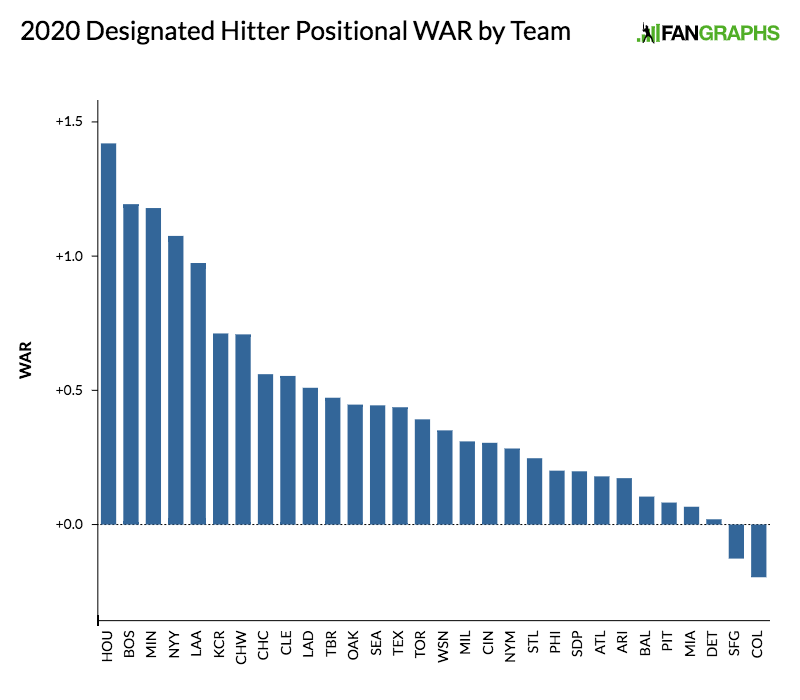Effectively Wild Episode 1566: Season Preview Series: Dodgers and Orioles

Ben Lindbergh and Meg Rowley banter about Mariners prospect Julio Rodriguez’s broken wrist, Meg’s all-time most disappointing Mariners, the Rays’ five-man infield, listener responses to two emails from the previous episode, and news about Freddie Freeman and Yasiel Puig, then complete the 2020 season preview series by (16:23) previewing the 2020 Los Angeles Dodgers with The Athletic’s Pedro Moura, and the 2020 Baltimore Orioles (53:26) with MLB.com’s Joe Trezza.
Audio intro: The Replacements, "The Last"
Audio interstitial 1: Haim, "Los Angeles"
Audio interstitial 2: Blur, "This is a Low"
Audio outro: RJD2 (Feat. Blueprint), "Final Frontier"
Link to story about the Rays’ five-man infield
Link to listener Austin’s boost zone graphic
Link to Ben on Dave Roberts in 2019
Link to Pedro on Pollock and COVID-19
Link to Pedro on the legend of Chico
Link to FanGraphs post on Orioles fan event
Link to Ben on MLB’s 2020 strikeout rate
Link to Ben on sabermetrics in the 60-game season
Link to The MVP Machine with Orioles afterword
![]() iTunes Feed (Please rate and review us!)
iTunes Feed (Please rate and review us!)
![]() Sponsor Us on Patreon
Sponsor Us on Patreon
![]() Facebook Group
Facebook Group
![]() Effectively Wild Wiki
Effectively Wild Wiki
![]() Twitter Account
Twitter Account
![]() Get Our Merch!
Get Our Merch!
![]() Email Us: podcast@fangraphs.com
Email Us: podcast@fangraphs.com
Podcast (effectively-wild): Play in new window | Download
Subscribe: RSS




 Dan Szymborski
Dan Szymborski